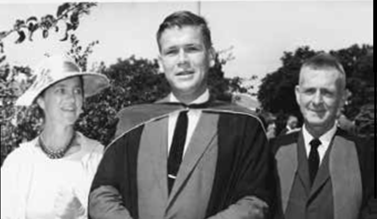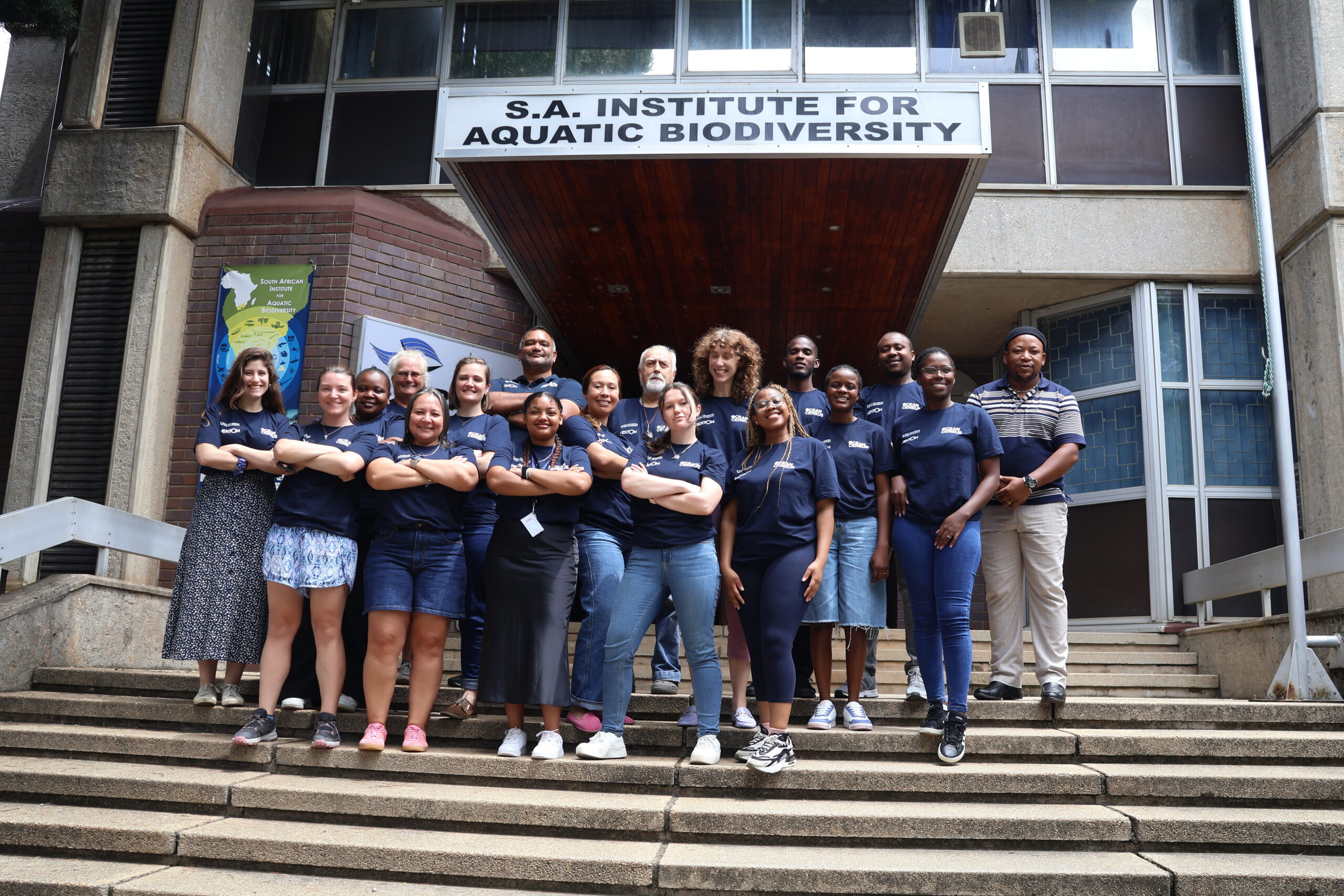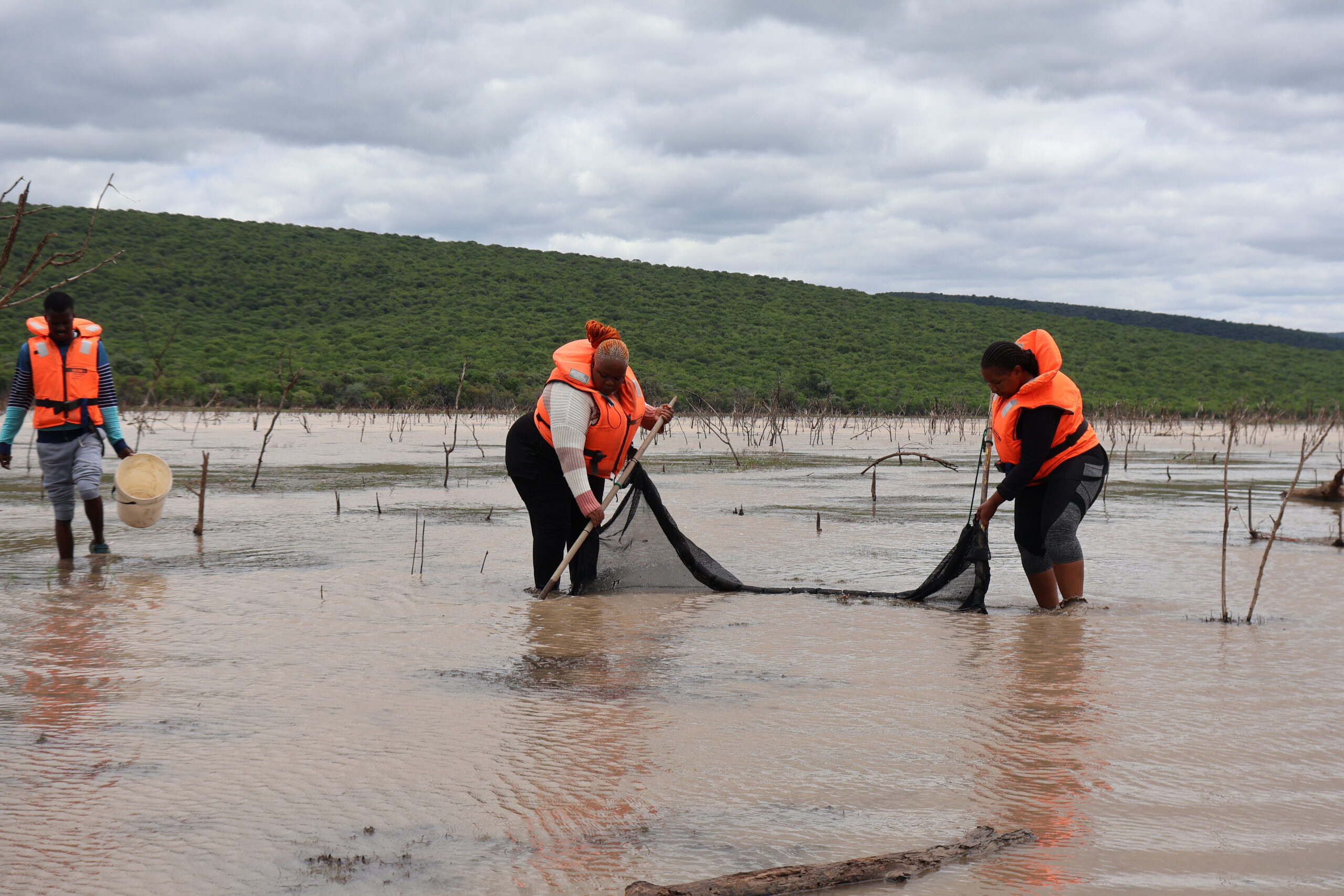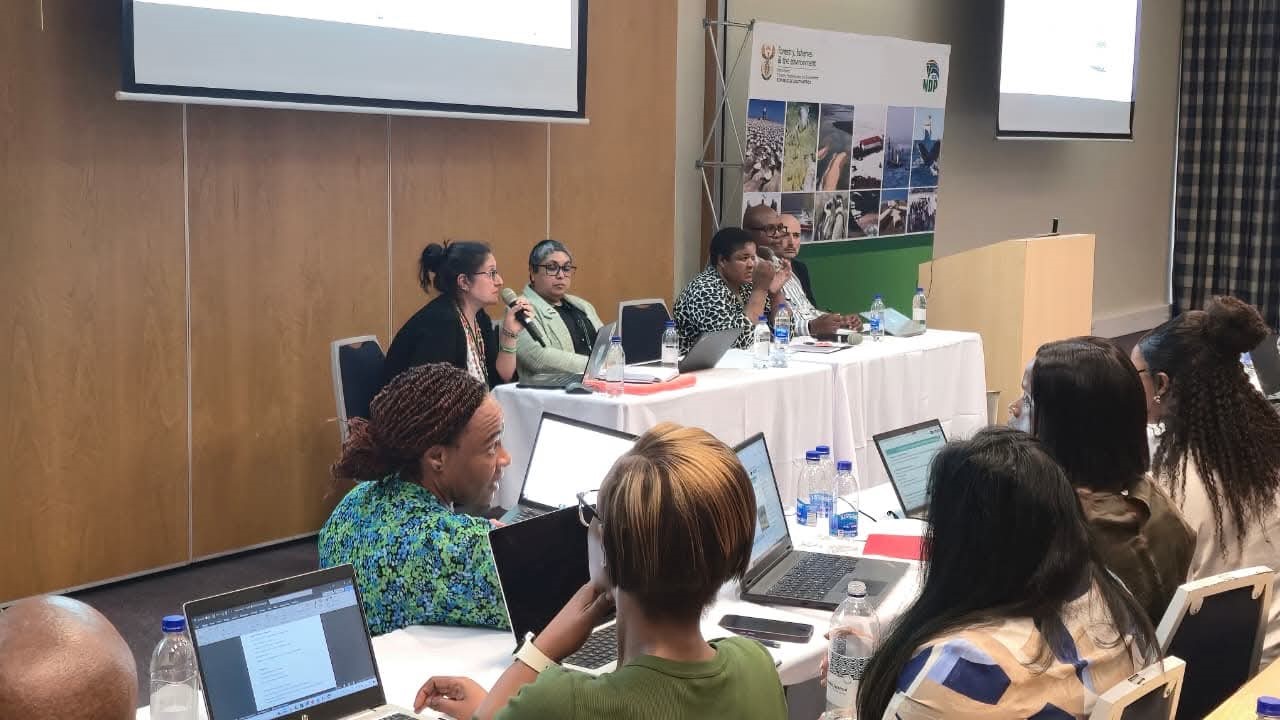William Smith eulogy by Mike Bruton (23.08.24)
The famous science educator, William Macdonald Smith, widely known as ‘South Africa’s favourite teacher, died in Perth, Australia, on Wednesday, 21st August 2024 after a short battle with cancer. Wiiliam was born to the two famous Rhodes University ichthyologists, JLB and Margaret Smith, in Grahamstown/Makhanda on 25th June 1939, just weeks after his father had submitted for publication the manuscript that described the first living coelacanth known to science [which led to the establishment of the JLB Smith Institute of Ichthyology, now known as the NRF-SAIAB]. He wrote in his Foreword to my book, The Annotated Old Fourlegs. The Updated Story of the Coelacanth,
“I was told that during the months preceding my arrival it was all hands to ‘the fish’ so when I was born there were no baby clothes. … Fortunately I was not born with scales as some had predicted! My earliest recollections were of two parents who did nothing but work, both at university and at home (which I assumed all parents did!). This, no doubt, was one of the reasons for their great success”.
It was also the reason for William’s own manic work ethic.
When I interviewed William for a chapter entitled, William Smith: Larger than Life, that was included in a biography of his parents (The Fishy Smiths), he told me that he “had a different but special childhood”. The Smith family was always on the go, walking along endless beaches, hunting in rock pools near Port Alfred, interviewing fishermen and collecting fishes.
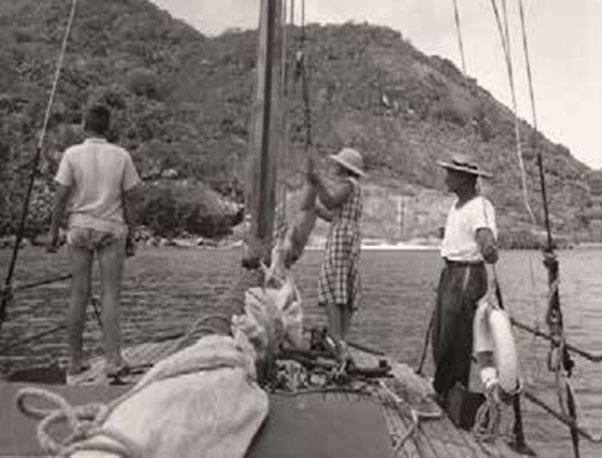
At the age of 15 William accompanied his famous parents on an arduous fish-collecting expedition to remote parts of Kenya, Seychelles, Aldabra and Tanzania. It was a life-changing experience for the budding scientist who decided that he would also become a famous person, but in a field different from that of his father.
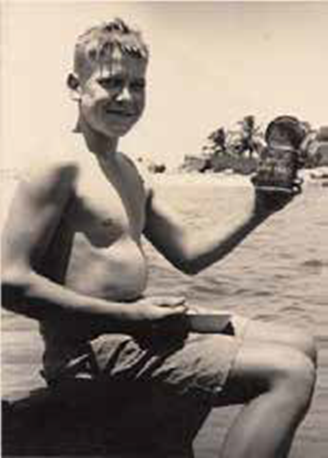
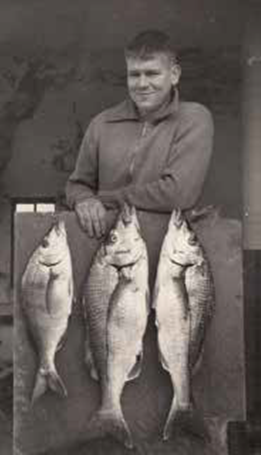
William was a brilliant student at Rhodes whose crystal-clear grasp of chemistry brought him great fame. At the time the Chemistry Professor was the bumbling Billy Barker, a brilliant researcher but terrible lecturer who had no control over his classes. William took the gap and, from his second year onwards, gave lectures to his fellow students (and charged for them). By the end of his third year, he had earned enough money to buy himself a new turquoise Volkswagen Beetle.
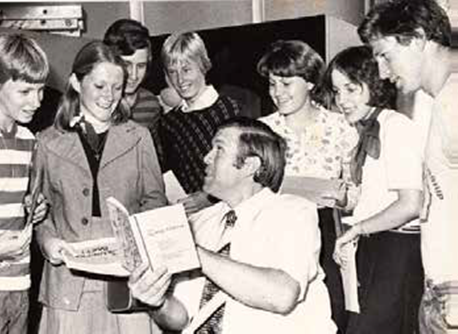
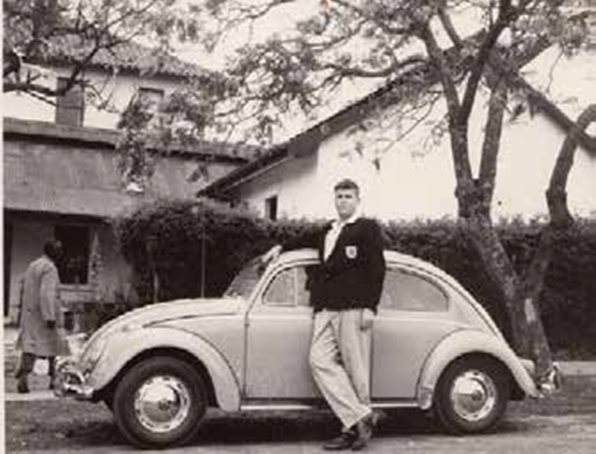
William left Rhodes in 1962 and completed his MSc in Chemistry at the now-University of KwaZulu-Natal in seven months. After brief stints working for AECI and African Oxygen, he realized that his true calling was teaching and embarked on a career that would make him a household name in South Africa.
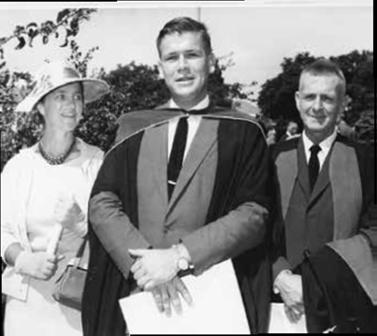
He started a ‘Pre-University School’ that prepared students for their first year,; it was quickly adopted by all the major universities in South Africa. He was the first to introduce the use of closed-circuit television in education in South Africa in 1968, and developed the Star School programme (which also included printed media) that reached hundreds of thousands of young people. In 1981 he had the audacity to develop, at his home in Knysna, a ‘One-Person TV Production Studio’, another first in South Africa, from which he beamed hundreds of hours of brilliantly crafted educational lessons. This initiative led directly to the establishment of the SABC’s Learning Channel. In 1990, backed by generous corporate sponsors, William introduced the world’s first interactive television educational broadcasts, which reached millions of learners.
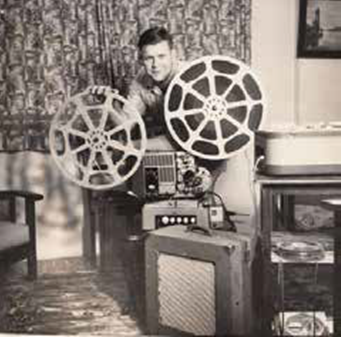
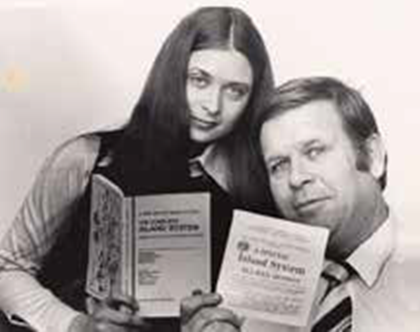
By then, William’s educational initiatives had become widely known and he received many awards and accolades, including the South African ‘Teacher of the Year’ award in 1991, the Order of the Baobab (Silver) from the State President of South Africa in 2019, and an Honorary Doctorate from his alma mater in 2021. More than most, he lived up to the Rhodes University motto, “Where leaders learn”.
